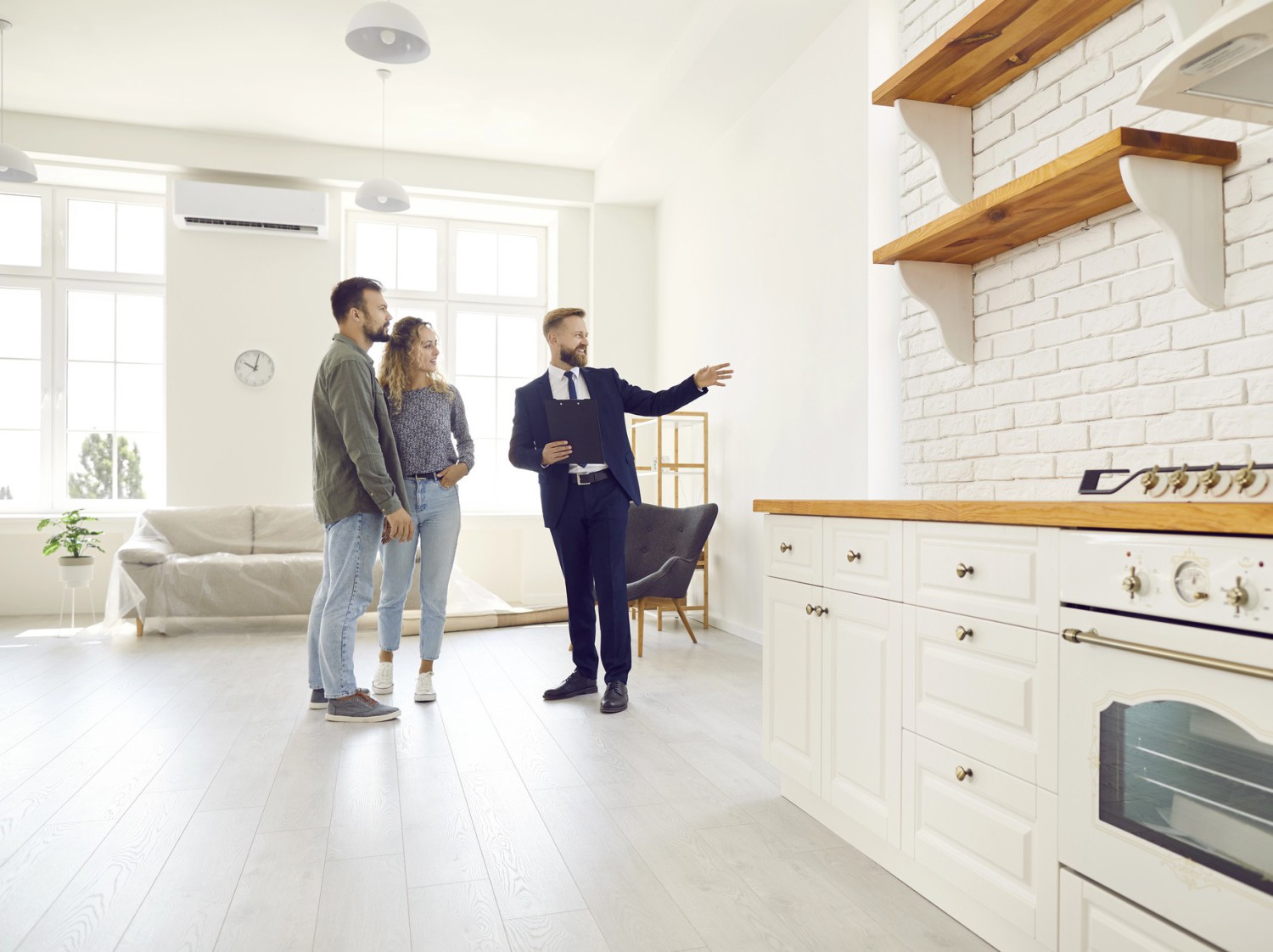
The initial home viewing is often a moment charged with anticipation and emotion. As you walk around, you already begin to imagine how you would decorate the living room, host a barbecue in the backyard, or prepare dinners in the kitchen.
But beware, too much eagerness or shyness make cause you to overlook some important details!
Here are a few errors to guard against so you get the most out of this critical step.
1. Only Listening to Your Heart and not Your Head
A beautiful light fixture, a trendy decor, or the smell of cookies fresh out of the oven—and there you are, all ready to fall in love!
But the sellers have carefully staged their home specifically to charm you, so it’s crucial that you take time to look beyond your initial positive impressions.
Instead, concentrate on the property’s practical aspects: the floor plan, the amount of natural light, the quality of the materials used, functionality, etc.
2. Forgetting to Check Out the Neighbourhood
The home or condo itself usually constitutes the central point of interest during a first visit.
And yet, the property’s surroundings can significantly impact your quality of life. Take time to scope out the area.
- Are the streets quiet?
- Are there shops or schools close by?
- How’s the neighbourhood?
- Is the noise from the highway disruptive?
- Can you smell odours emanating from the nearby factory?
- Are future developments planned for your street, like a multi-dwelling housing project that could increase traffic in the neighbourhood?
- Etc.
A good environment can make all the difference for your long-term satisfaction.
3. Leaving with Unanswered Questions
The Declarations by the Seller is a document the seller fills out explaining the property’s history (flood, renovation, window replacement, etc.). It therefore contains a wealth of relevant information.
You may, nevertheless, desire further details on certain points during the visit: so don’t hesitate to ask the owner or their broker questions (did a certified contractor carry out the kitchen renovations? What’s their favourite thing about the neighbourhood? Etc.).
The more questions you ask, the clearer your vision will be of what lies ahead.
4. Forgetting to Take Notes or Photos
The more houses you see, the more likely you’ll start confusing them in your mind. Snap photos (with permission) and note down your impressions. This will help you compare the properties you’ve visited objectively, instead of having to rely solely on your memory.
5. Not Testing Basic Equipment
It may feel embarrassing to flush the toilet or to turn the faucets on during a viewing, but it’s essential! Make certain the plumbing, electricity, and heating all work properly. Also use this opportunity to look over the windows and doors to assess their condition.
ü These details may conceal major costs down the road. If they prove defective, you could ask the seller to lower their price or to have everything repaired before you move in.
6. Not Examining the Storage Areas
Most people forget about this during a first visit, but insufficient storage space can quickly become problematic. Inspect the closets, the basement, the garage, or the attic.
You’ll be glad you planned for enough space to organize all your stuff.
7. Not Examining the Home’s Exterior
The home’s lot and backyard are just as important as its interior. Check that everything is well maintained and that the landscaping corresponds to your needs (parking, space for a vegetable garden, a play structure for the kids, etc.).
Also try to picture yourself hanging out in the backyard: could you spend quality time with family and friends there, or does it seem unwelcoming?
8. Not Paying a Second Visit
A single viewing is rarely sufficient to evaluate a house adequately. We’re often overwhelmed by the excitement and emotion of it all during the first visit. Walking through the home a second time will allow you to see things more clearly, to check points you may have forgotten, and to determine if the property really does meet your needs.
Purchasing a home is a big investment; it’s also a wonderful adventure. But as you search through listings, it’s important to balance your wants with your needs. Contact a RE/MAX Real Estate Broker to learn more.